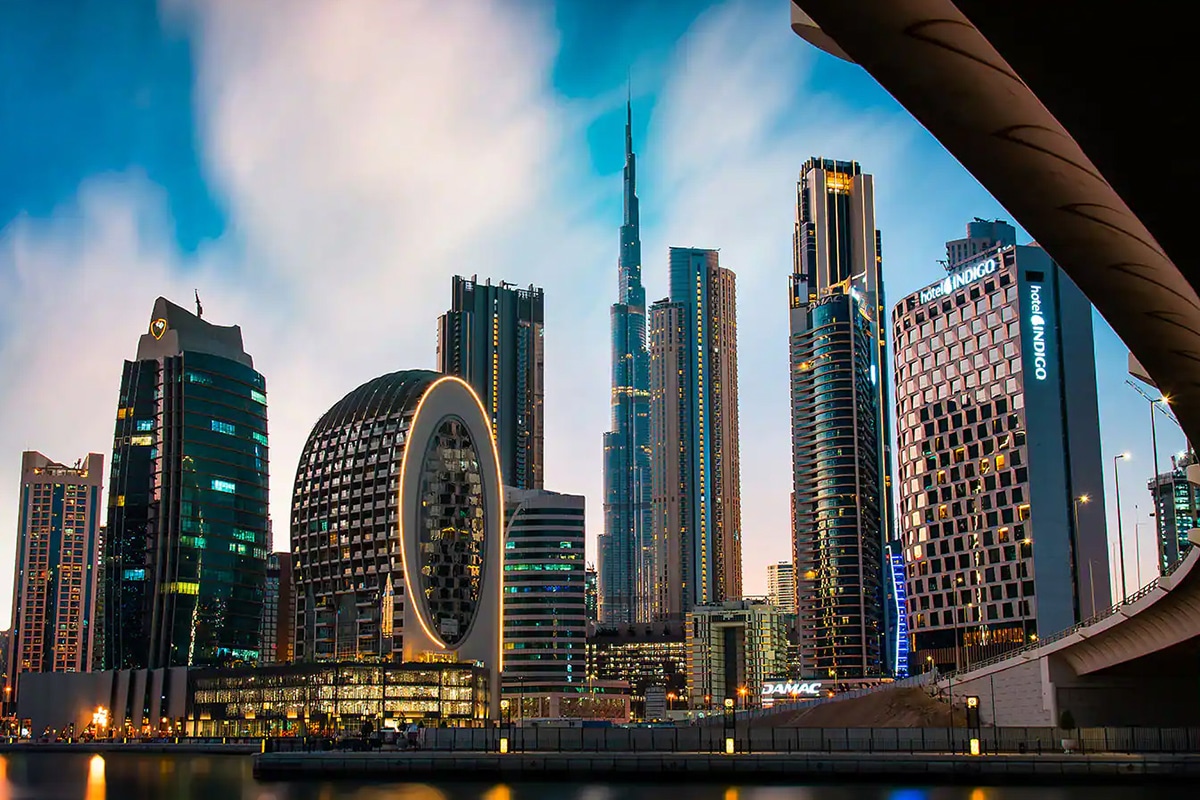Business
UAE retail rents surge in Abu Dhabi and Dubai as demand outpaces supply

The UAE office and retail real estate sectors are entering a new phase of landlord power as supply constraints, shifting consumer behaviour and changing corporate leasing patterns drive strong rental growth across Abu Dhabi and Dubai, according to JLL’s latest Q3 2025 market report.
The consultancy’s findings point to a prolonged period of resilience across both sectors, with agile investors and developers positioned to unlock new value as the market evolves.
Evolving consumer preferences and a greater emphasis on value and convenience continue to reshape the UAE’s retail landscape.
UAE retail real estate
Abu Dhabi and Dubai now have a combined retail inventory of 8.24 million square metres, with demand for high-performing spaces lifting rents across key categories.
In Abu Dhabi, prime super-regional malls recorded a 3.4 per cent year-on-year rental increase to Q3 2025, maintaining a premium over other retail formats.
Dubai experienced an even sharper shift, with prime retail rents rising 13.5 per cent over the same period.
This landlord-favoured environment is most evident across prime retail assets and high-traffic shopping centres, where sustained footfall and turnover continue to support rental growth.
UAE office market
Across Abu Dhabi and Dubai’s 13.4 million square metre office inventory, JLL reports a notable transition in leasing enquiries. Regional companies are now driving demand more quickly than large international corporates, giving landlords additional pricing leverage.
JLL’s Office Market Dynamics report suggests that rental growth may be approaching its cyclical peak, particularly in Prime and Grade A segments.
Prime rents in Abu Dhabi surged 31.3 per cent year-on-year, while Dubai recorded a 16.8 per cent rise in the year to Q3 2025 — levels that some occupiers increasingly view as unsustainable within operational budgets.
A further trend is emerging as residential developers diversify into commercial projects, particularly in secondary locations with more favourable land availability. However, these strata-title developments often fall short of the requirements of regional and multinational occupiers that prefer consolidated spaces in central business districts.
Market outlook
Dana Williamson, Head of Offices, Business Space and Retail – MEA at JLL, said: “As the UAE’s prime commercial real estate sectors evolve, we anticipate a period of sustained resilience. For investors and developers, achieving success hinges on a deep understanding of the evolving occupier and consumer behaviours, and the ability to implement innovative adaptation strategies in a fast-maturing market.
“While facing a constrained supply environment across both prime retail and office segments, market sentiment remains positive, offering stakeholders significant opportunities to capitalize on new potent growth avenues for value creation that directly respond to fundamental behavioural shifts.”









